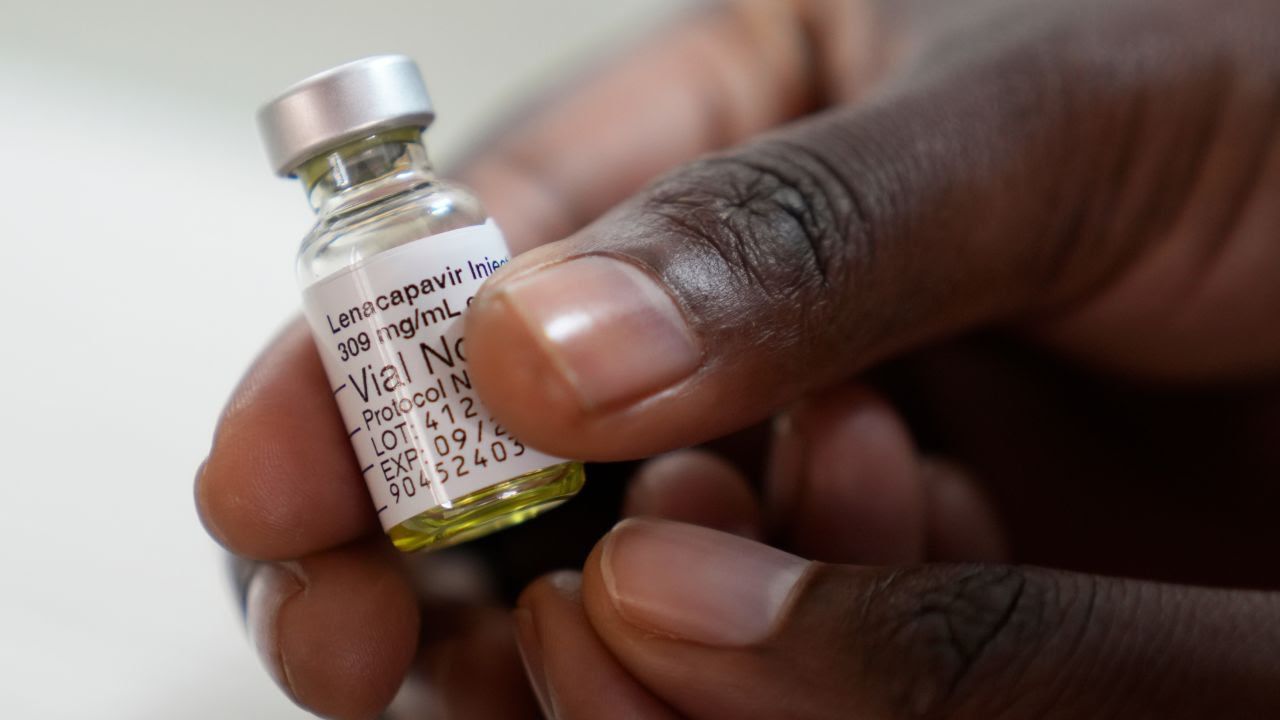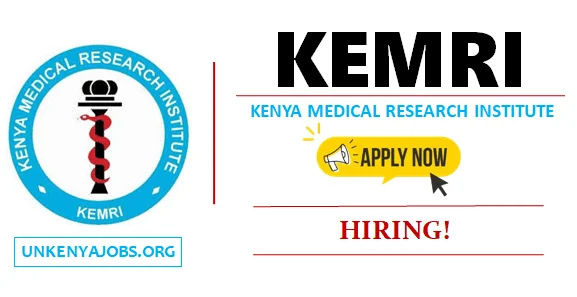
By Kelvin Kibet
In a bold step toward ending the HIV epidemic, the World Health Organization (WHO) has approved the global rollout of Lenacapavir (LEN) — a groundbreaking injectable medication designed to prevent HIV infection. Kenya is among the nine countries selected to pioneer its implementation, with full access expected by January 2026.
According to Kenya’s National AIDS and STI Control Program (NASCOP), this move represents a major milestone in the country’s public health efforts. In collaboration with international health bodies and local partners, NASCOP has assured Kenyans that preparations are underway to make LEN accessible across select health facilities and community clinics nationwide.
What is Lenacapavir?
Lenacapavir is a long-acting injectable pre-exposure prophylaxis (PrEP) drug intended for individuals who are HIV-negative but at high risk of infection. Unlike daily oral PrEP, which requires strict adherence, Lenacapavir is administered only twice a year—one injection every six months. This offers unmatched convenience and reliability for users who may face challenges with daily pill regimens.
The drug falls under a class known as capsid inhibitors, which block the virus’s ability to replicate and spread. It’s not a treatment for HIV, but a highly effective preventive tool for at-risk groups such as:
Sex workers
People who inject drugs
Adolescents and young adults in high-prevalence regions
Individuals in serodiscordant relationships
Mobile populations and frequent travelers
WHO Endorsement and Global Significance
The endorsement came during the 13th International AIDS Society (IAS) Conference held in Kigali, Rwanda, where health experts praised Lenacapavir as a “game-changer” in the ongoing fight against HIV.
“While an HIV vaccine remains elusive, Lenacapavir is the next best thing: a long-acting antiretroviral shown in trials to prevent almost all HIV infections among those at risk,” said WHO Director-General Dr. Tedros Adhanom Ghebreyesus.
With 1.3 million new HIV infections reported globally in 2024, and over 40.8 million people living with the virus, of whom 65% are in the WHO African Region, the timing of this new drug couldn’t be more critical.
Why Lenacapavir Matters for Kenya
Kenya has long been at the forefront of HIV prevention in Africa, and its selection as a launch country reflects both its need and capacity to deliver life-saving interventions. The injectable nature of Lenacapavir is ideal for populations facing stigma, healthcare access issues, or challenges with daily medication adherence.
“This new option will allow us to reach people who are currently slipping through the cracks,” said a NASCOP representative. “Lenacapavir has the potential to transform HIV prevention in Kenya, especially among vulnerable groups.”
Besides its clinical benefits, Lenacapavir may also reduce social stigma associated with HIV prevention. Daily pills often come with scrutiny, judgment, or even rejection within families or communities. A discreet, twice-a-year injection changes the narrative—less visible, more powerful.
How Will It Be Rolled Out in Kenya?
Starting in January 2026, LEN will be available at designated health facilities, select pharmacies, and community centers. Before receiving the injection, individuals will undergo an HIV test using rapid diagnostic kits to confirm their HIV-negative status.
This streamlined process ensures efficiency and safety, while also encouraging more people—especially the youth and those in hard-to-reach regions—to access preventive care.
The Road Ahead: A New Chapter in HIV Prevention
As Kenya gears up for the launch of Lenacapavir, the world watches with anticipation. This injectable drug isn’t just another HIV intervention — it’s a symbol of hope, convenience, and progress.
For communities that have long suffered in silence or been left behind by traditional healthcare models, Lenacapavir may finally offer a chance to live freely, safely, and confidently.






